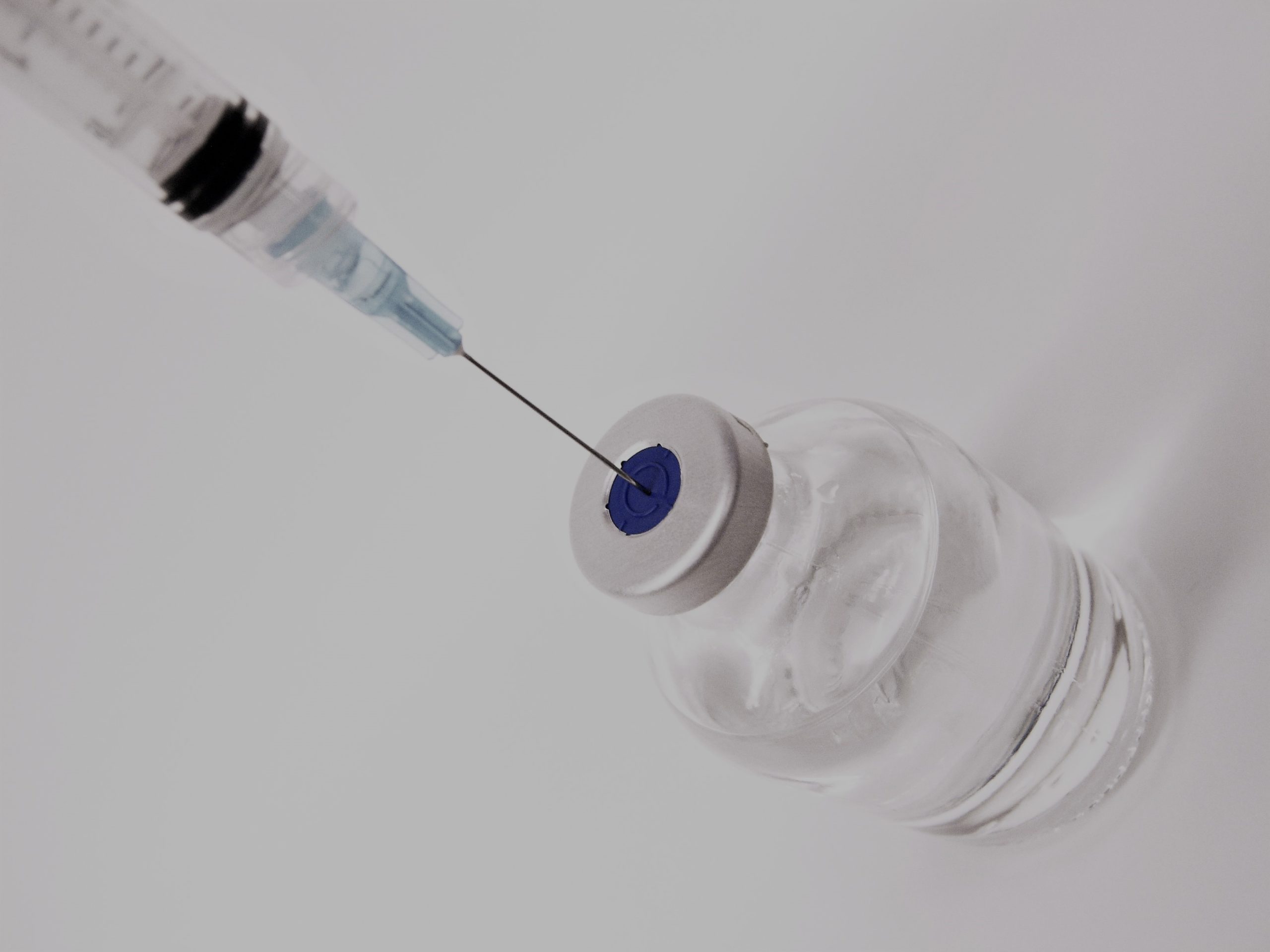What is Guillain-Barré Syndrome (GBS)?
Guillain-Barré Syndrome (GBS) is a rare autoimmune disorder in which a person’s own immune system mounts an inflammatory response and causes damage to his or her peripheral nerves. This can affect the sensory, motor and autonomic nerves. Symptoms often come on rapidly and can include sensory disturbances in the extremities (hands, arms, feet and legs), muscle weakness and loss of reflexes. In some cases, this muscle weakness can lead to paralysis. In rare circumstances, patients can experience difficulty breathing that leads to respiratory difficulties, as well as sensory disturbance or paralysis of the facial muscles.
GBS after a flu shot is similar to Chronic Inflammatory Demyelinating Polyneuropathy (CIDP), which also affects the peripheral nerves, but is distinguished by the gradual onset of symptoms and chronic nature of CIDP.
There are several variants of GBS, including acute inflammatory demyelinating polyneuropathy (AIDP), the most common GBS variant in the US. Other variants include Miller Fischer Syndrome (MFS), acute motor axonal neuropathy (AMAN), and acute motor-sensory axonal neuropathy (AMSAN).
Although Guillain-Barré syndrome is rare, it does not discriminate amongst the individuals affected, affecting both sexes equally and occurring at any age.
What causes Guillain-Barré Syndrome?
A high percentage of cases have been reported to occur shortly after a viral or bacterial infection, and sometimes following infections as common as the flu or food poisoning. There are also many reported occurrences of GBS after receiving the flu shot.
How is GBS related to the flu shot?
Since making the connection between GBS and the 1976 swine influenza vaccine, several studies have evaluated the relationship between GBS and the seasonal influenza vaccine. Although evidence has not been adequate to accept or reject a causal relationship between the vaccine and the condition, researchers have noted increased chances of contracting GBS both with the 1992-93 and 1993-94 seasonal influenza vaccines.
After several studies suggesting a link between GBS and the influenza vaccine, the Vaccine Injury Table was revised in March of 2017 to include the occurrence of GBS following the flu vaccine. According to the Vaccine Injury Table, symptoms of GBS after a flu shot should manifest 3-42 days following vaccination to bring an on-Table claim, although it is still possible to file a successful claim if symptoms do not strictly fall within this time period.
How is Guillain-Barré Syndrome diagnosed?
Guillain-Barré syndrome is a clinical diagnosis based on presentation of weakness and decreased or absent reflexes. However, physicians typically conduct testing to support a diagnosis of Guillain-Barré syndrome, including:
- Lumbar Puncture (used for cerebrospinal fluid analysis)
- Electromyography and Nerve Conduction Studies (EMG/NCS)
How is Guillain-Barré Syndrome treated?
Because the early stages of GBS are largely unpredictable and symptoms can be severe, most newly diagnosed patients are hospitalized.
Treating GBS can involve the coordinated efforts of a neurologist, physiatrist, internist, family physician, physical therapist, occupational therapist, social worker, nurse, and psychologist or psychiatrist. Some patients may also require speech therapy depending on the extent of the disease’s effects.
Plasma exchange and high-dose intravenous immune globulins often assist in shortening the course of GBS if administered in the early stages of the disease. The GBS/CIDP institute finds that over 90% of patients move into the rehabilitative phase within four weeks.
Living with Guillain-Barré Syndrome
Patients with Guillain-Barré syndrome not only suffer physical difficulties but can suffer emotionally painful periods as well. Many patients find it difficult to adjust to sudden paralysis and dependence on others for activities that were previously performed with ease.
The recovery period for GBS may last anywhere from a few weeks to a few years. The National Institute of Neurological Disorders and Stroke cites that 30% of those with Guillain-Barré Syndrome still have residual weakness after 3 years, and 3% may suffer a relapse of muscle weakness and tingling sensations years after the initial attack.
The vaccine injury lawyers at Conway Homer help those who have Guillain-Barré Syndrome throughout the United States but also helps victims locally in Massachusetts including those in Worcester, Suffolk, and Springfield.


